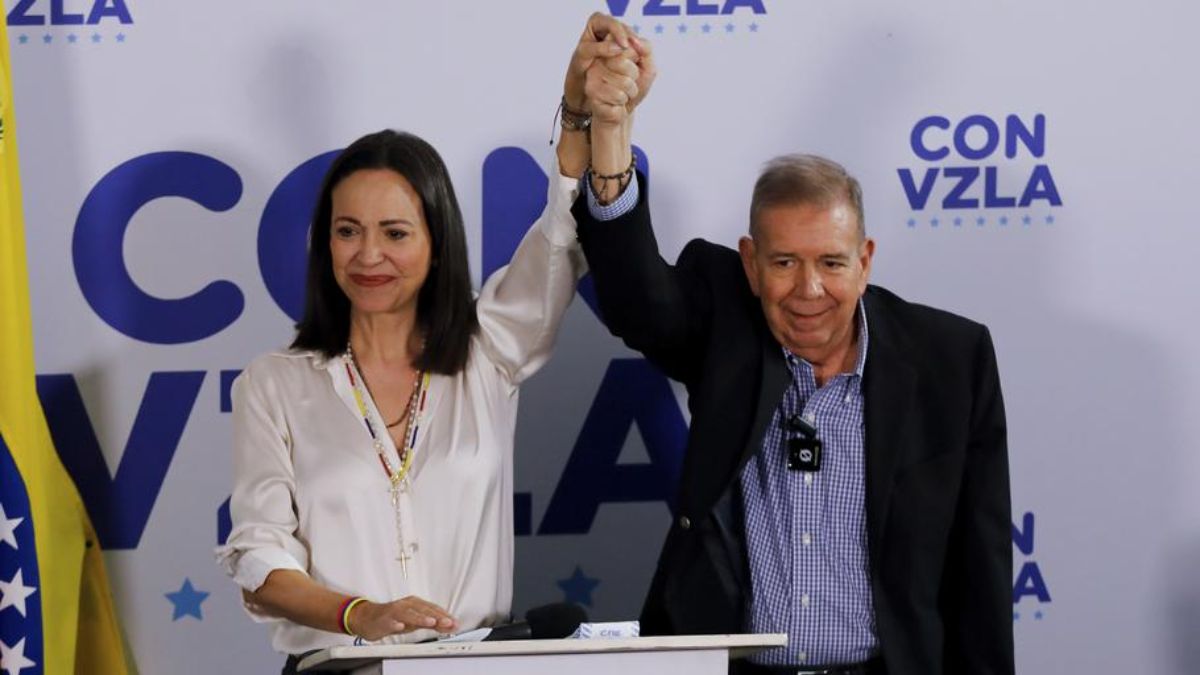Venezuelan presidential elections, which took place on Sunday (July 28), were one of the most peaceful in recent memory. However, the aftermath is quite different.
Thousands of people have taken to the streets after electoral authorities declared President Nicolás Maduro the winner, handing him a third six-year term. While most demonstrations were peaceful, tensions escalated when riot police used tear gas to disperse protesters who clashed with officers.
The opposition has claimed that their candidate, Edmundo González, has won the election. They have also said they have the proof to back this claim.
Opposition’s ‘proof’ of victory
Maduro’s ruling United Socialist Party of Venezuela wields tight control over the voting system through a loyal five-member electoral council and a network of longtime local party coordinators.
These coordinators have near unrestricted access to voting centers. They have reportedly blocked representatives of opposition parties from entering voting centers to witness the voting process, vote counting, and obtaining copies of the machines’ final tally sheets.
Despite these challenges, opposition candidate Edmundo González and opposition leader Maria Corina Machado announced on Monday that they have obtained proof of their victory. They claim to have secured more than 70 per cent of the tally sheets from Sunday’s election, showing González with more than double the votes of Maduro.
“I speak to you with the calmness of the truth,” González said as supporters cheered outside campaign headquarters in Caracas. “We have in our hands the tally sheets that demonstrate our categorical and mathematically irreversible victory.”
Impact Shorts
More ShortsGonzález and Machado have called for calm, inviting supporters to gather peacefully to celebrate their claimed victory. “Dear friends, I understand your indignation, but our response from the democratic sectors is of calmness and firmness,” González said.
What next?
Countries such as the United States and Chile have expressed serious concerns over the electoral process. Gabriel Boric, the leftist leader of Chile, called the results “difficult to believe”.
The US Secretary of State Antony Blinken stated that Washington had “serious concerns” that the announced tally did not reflect the actual votes or the will of the people.
The National Electoral Council has not yet released the official tally sheets from the 30,000 voting machines, leaving the final outcome in a state of uncertainty.
Independent electoral observers and the European Union have urged the electoral body to release the results promptly.
With inputs from AP


)

)
)
)
)
)
)
)
)



